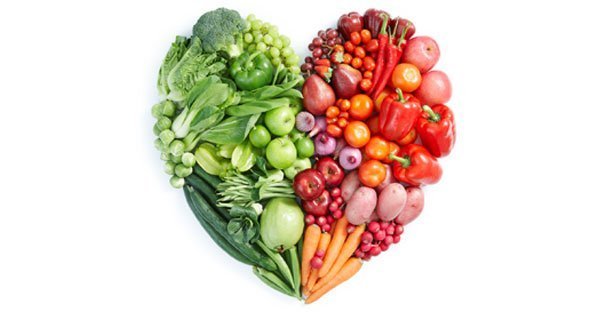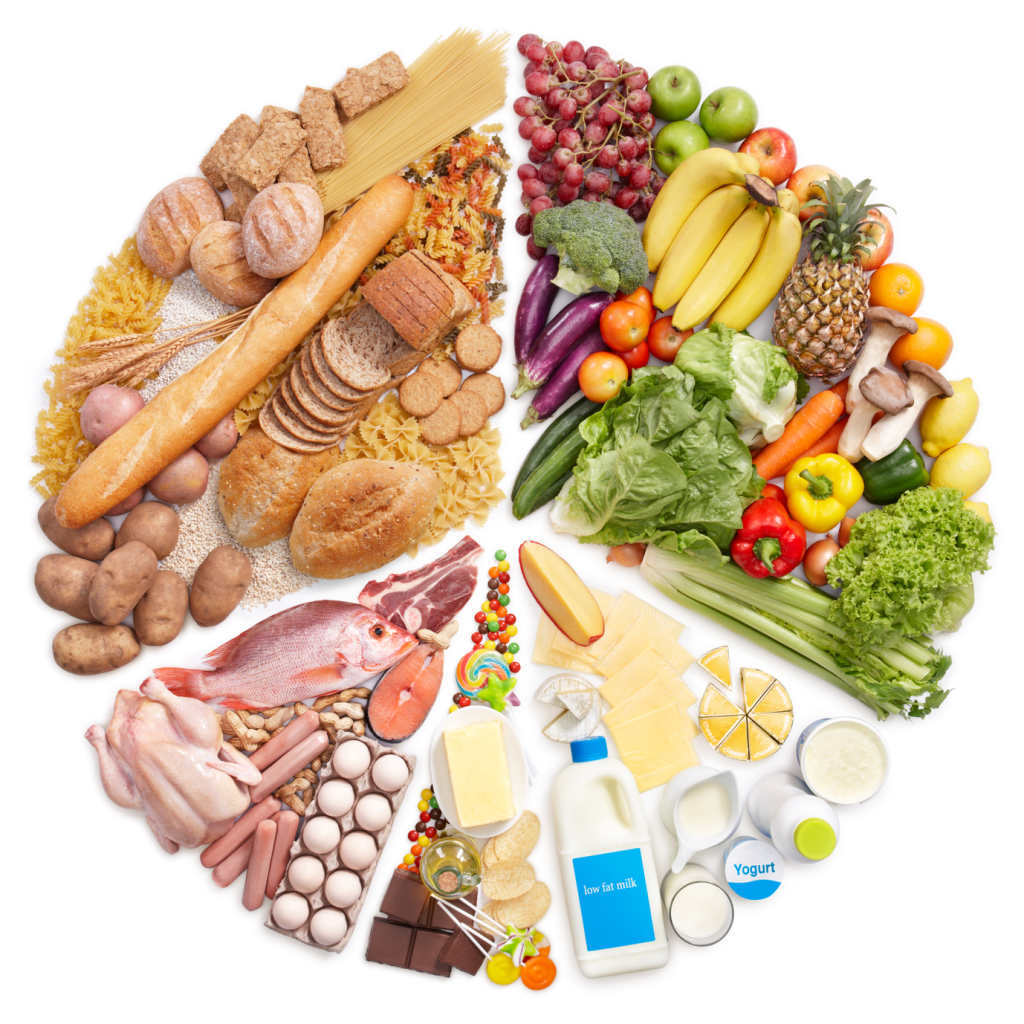Controlling blood pressure, sugar, cholesterol linked to lower cardiovascular disease

While controlling blood pressure, blood sugar and LDL-cholesterol levels reduces the risk of cardiovascular disease in people with diabetes, only 7 percent of diabetic participants in three major heart studies had recommended levels of these three factors, according to research from the Heart Disease Prevention Program at the University of California, Irvine School of Medicine.
Mango is no longer a forbidden fruit for diabetics

In past, nutritionists have debated inclusion of mango in diet for diabetics because researches stated that carbs present in it were mostly simple sugars that got readily absorbed in bloodstream vis-a-vis complex carbohydrates. Studies also stated that 30 per cent of sugar in mango is fruit sugar fructose which is metabolized in liver and is seen to raise one’s triglyceride levels. Both these facts (now with a solution) made the mango disappear from the plate of diabetics.
Diet Sensor : The Tool For Nutrition Therapy In Diabetes

Although type 2 diabetes is preventable, its prevalence and incidence are rapidly increasing in the United States and worldwide. Currently, more than 5.4% of adults worldwide have a diagnosis of diabetes, and an estimated 300 million will have diabetes by 2025. With no cure available for diabetes, primary prevention through diet and exercise is important. DietSensor helps you to maintain this nutritional therapy on daily basis. Let’s discover how.
7 Surprising Signs You’re Not Getting Enough Protein

Protein is essential for living organisms. It gives us energy, helps our bodies recover, and keeps our tummies satisfied. Protein is composed of long-chain amino acids, which are the building blocks of muscle. Your body produces 11 amino acids and the others—the 9 so-called essentials amino acid — you must consume from food. How would you know if you’re protein deficient ? In fact, hair and nails are mostly made of protein. Your body uses it to build and repair tissue and protein is an important building block of bones, muscles, cartilage, skin, and blood. Even for people who is willing to lose weight, it has been shown in studies that adequate protein is needed for weight loss to balance blood sugars and prevent muscle breakdown.
How safe is fructose for persons with or without diabetes?

In this issue of the journal, Livesey and Taylor (1) present a meta-analysis of clinical trials evaluating the effects of fructose intake. They concluded that fructose is safe at doses of <90 g/d and that it may have the added benefit of lowering concentrations of glycated hemoglobin (HbA1c). This meta-analysis is difficult to interpret, because it involves randomized and nonrandomized studies of differing designs, mixed populations (diabetic and non diabetic lean and obese), different control diets (including some sucrose-based diets that contained fructose), different study durations, and limited endpoints; it also represents an analysis by an industry-sponsored group of a highly selected list of studies
DietSensor : Hope for Reversing Type 2 Diabetes

Many experts believe Type 2 diabetes is an incurable disease that gets worse with time. But new research raises the tantalizing possibility that drastic changes in diet may reverse the disease in some people.
Ultra-processed foods and added sugars in the US diet: evidence from a nationally representative cross-sectional study

Ultra-processed foods comprised 57.9% of energy intake, and contributed 89.7% of the energy intake from added sugars. The content of added sugars in ultra-processed foods (21.1% of calories) was eightfold higher than in processed foods (2.4%) and fivefold higher than in unprocessed or minimally processed foods and processed culinary ingredients grouped together (3.7%). Both in unadjusted and adjusted models, each increase of 5 percentage points in proportional energy intake from ultra-processed foods increased the proportional energy intake from added sugars by 1 percentage point.
OSA Honors Consumer Physics’ SCiO, World’s First Molecular Sensor that Fits in the Palm of Your Hand, with Enabled by Optics Award

With a miniaturized scanning sensor technology, Israel-based Consumer Physics earned this year’s top corporate honor in The Optical Society’s (OSA) Enabled by Optics Contest. This contest raises public awareness of the importance of optics and photonics technologies in furthering innovation and positively impacting society. It offers both a corporate and student competition, bringing pioneering optical technologies to light.
Shared risk factors lead to diabetes, heart disease and cancer, says major AACR symposium

In a major symposium at the American Association for Cancer Research (AACR) Annual Meeting 2015, University of Colorado Cancer Center investigator Tim Byers, MD, MPH, describes research showing the link between cancer, diabetes and cardiovascular disease. “Understanding the similarities and differences in how these risk factors create cancer, diabetes and cardiovascular disease could aid the ways we prevent all three diseases,” Byers says.
1 in 5 people will be obese by 2025, study says

The obesity epidemic has gone global, and it may be worse than most thought. “Let food be thy medicine” Hippocrates, the Father of Medicine, said. This suggests that one should be mindful with whatever he consumes because food can also cause several diseases. For instance, too much sugar and fat can cause diabetes and overeating can cause one to be overweight or obese.



